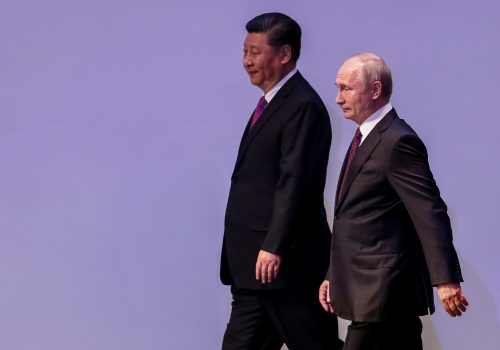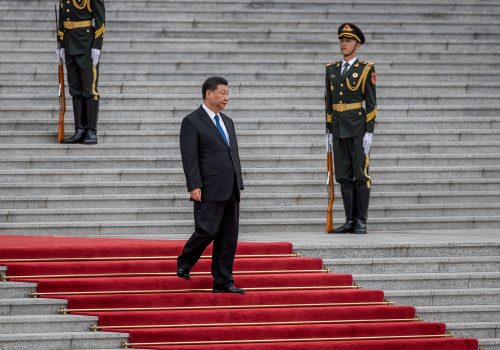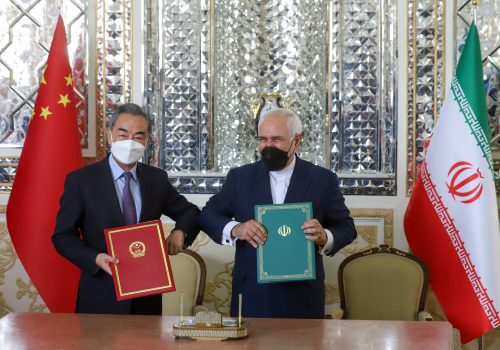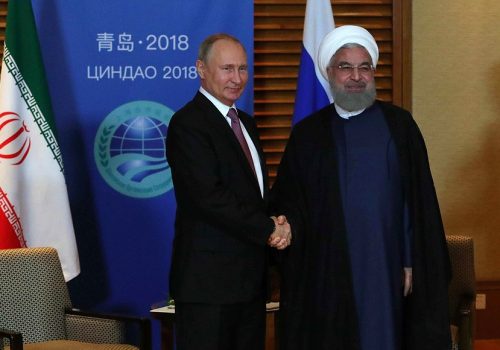Chinese Soft Power Projection in MENA
FIND THE CHINA-MENA PODCAST ON THE APP OF YOUR CHOICE
Key takeaways
-China’s soft power on the global stage
-Developing China’s soft power in the Middle East
-Culture familiarity between China and the Middle East
-The outcome of people to people connections of China in the Middle East
-Opportunities for Arabs to study in mainland China pre-COVID
-China’s image to the people of the Middle East
-China’s soft power against major countries in Asia
-China’s development of soft power within and beyond its borders
-Future trends in the development of the China-Middle East relationship
Timestamps
[00:00] Introduction
[02:21] China’s soft power on the global stage
[06:29] Developing China’s soft power in the Middle East
[13:01] Familiarity of cultures between China and the Middle East
[17:33] The outcome of people to people bonds of China in the Middle East
[23:09] Opportunities for Arabs to study in China pre-COVID
[27:54] People to people connections during the pandemic
[31:47] China’s positive image across the Middle East
[36:21] China’s soft power versus other Asian countries
[42:41] China’s cultural products beyond borders
[44:57] Future trends in driving the China-Middle East relationship
In this episode
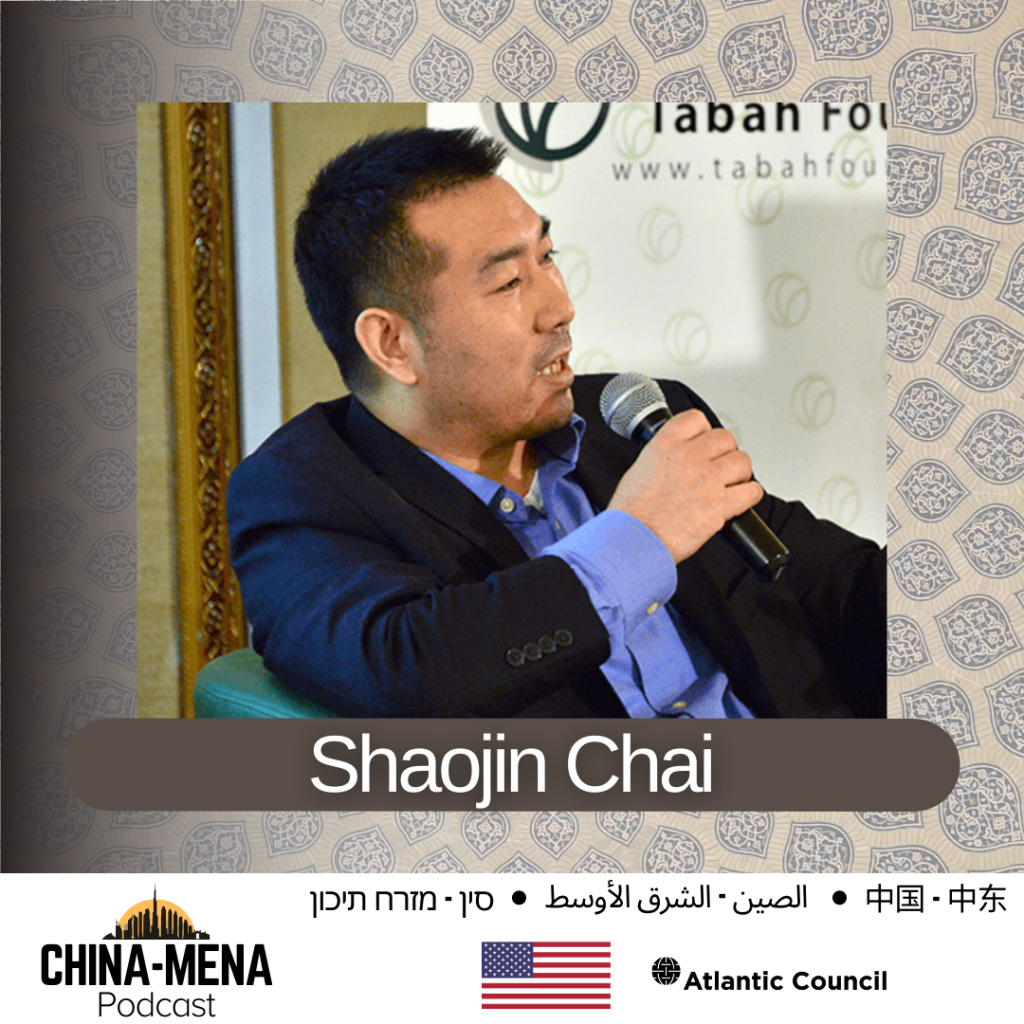
Dr. Shaojin Chai
Professor, Department of International Studies
American University of Sharjah
China’s objective in recent years has been to establish a firm foothold in the Gulf region, as the country is highly reliant on Middle Eastern oil to fuel its economic growth. The Belt and Road Initiative is China’s latest approach toward this objective. Similarly, China has a different strategy, relying on soft power to develop favorable influence throughout the region. China wishes to deepen economic links with the Middle East, and soft power relationships can result in significant bilateral exchanges for both parties.
In this episode, we are joined by Shaojin Chai, a professor of international relations at the University of Sharjah to discuss China’s cultural, educational, and religious outreach to the Middle East. Dr. Chai specializes in International Studies, Modern Chinese History, and Political Science.
Hosted by
“Arab students who studied in China and work in China or in Chinese companies tended to have positive views of China during the eruption of the COVID pandemic.”
About the China-MENA podcast
The China-MENA podcast features conversations with academics, think-tankers, and regional specialists on Chinese Influence in the Middle East and informs US and MENA audiences in the policy and business communities about the nature of China’s outreach to the region.
At a time when China’s global footprint is getting deeper and deeper, it has never been more important to understand its foreign policy and the Middle East is one of the world’s most consequential regions: home to major religions, diverse cultural and social heritage, central to global energy markets, and of course, geopolitics, linking people and markets in Asia, Africa and Europe. This show will help you understand what China is doing in the region, and how the region is engaging with China as an increasingly important external power.
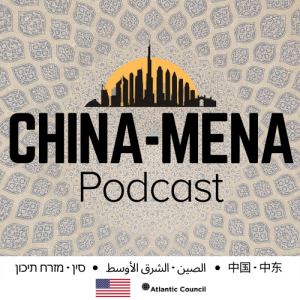
Podcast series
Listen to the latest episode of the China-MENA podcast, featuring conversations with academics, government leaders, and the policy community on China’s role in the Middle East.
Recommended reading
This podcast was funded in part by a grant from the United States Department of State. The opinions, findings, and conclusions stated herein are those of the author and do not necessarily reflect those of the United States Department of State.
Further reading
Tue, Feb 15, 2022
Sino-Iranian relations
China-MENA Podcast By
Professor Anoushrivan Ehteshami joins the China-MENA podcast to discuss China-Iran relations and the state of the bilateral relationship.
Thu, Apr 1, 2021
Mr. Wang goes to the Middle East
MENASource By Jonathan Fulton
This marks the first time that every GCC country has received a senior Chinese official in the same calendar year. China’s MENA footprint is only getting deeper.
Wed, Oct 24, 2018
Russia-Iran economic deal: Sanctions relief or political game?
EnergySource By
In May, the US government announced it would unilaterally withdraw from the Joint Comprehensive Plan of Action (JCPOA) and re-impose the sanctions previously lifted or waived. While the re-imposition of sanctions is certainly not welcomed by Iran, it is also nothing new. Iran has long struggled with various economic sanctions and the Iranian economy has […]








